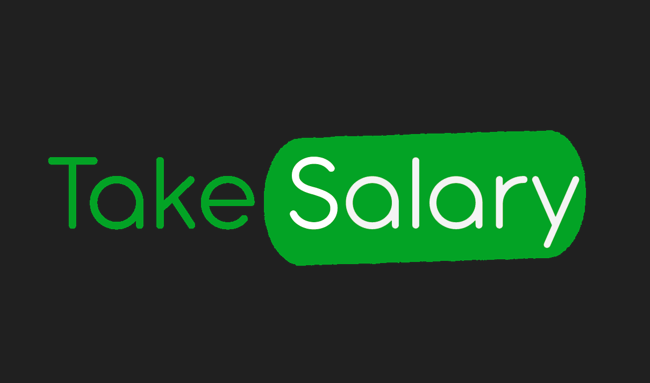Alright, let’s break this down in a simple way. When we talk about whether higher education leads to better pay, it really depends on what field you’re in.
Take careers like medicine, law, or engineering. In these areas, having an advanced degree is pretty much a given if you’re aiming for the top jobs that pay well. Think about it: you wouldn’t want a doctor who hasn’t gone to medical school, right? Or a lawyer who hasn’t passed the bar. In these professions, higher degrees are like the golden tickets to the higher-paying gigs. They’re essential because the work is specialized and requires a deep level of expertise.
Now, let’s flip to a different scene – creative fields or some tech roles. Here’s where things get a bit more relaxed about degrees. Imagine you’re a graphic designer, a writer, or a software developer. In these kinds of jobs, what really matters is what you can do and what you have done – basically, your skills and your track record.
For instance, if you’re a graphic designer, your portfolio is your crown jewel. It shows off your style, your skills, and your range. It’s what gets you noticed and hired, not necessarily a fancy degree in design. Or let’s say you’re into coding. Companies are usually more interested in the languages you know, the projects you’ve worked on, and how you think and solve problems. They’re less concerned about whether you have a master’s in computer science.
In summary, in fields like medicine or law, higher degrees are your ticket to higher pay because they’re critical for the job. But in fields like the arts or certain tech areas, it’s more about what you can do and what you have shown you can do. Your experience, your portfolio, your skills – that’s what counts.

